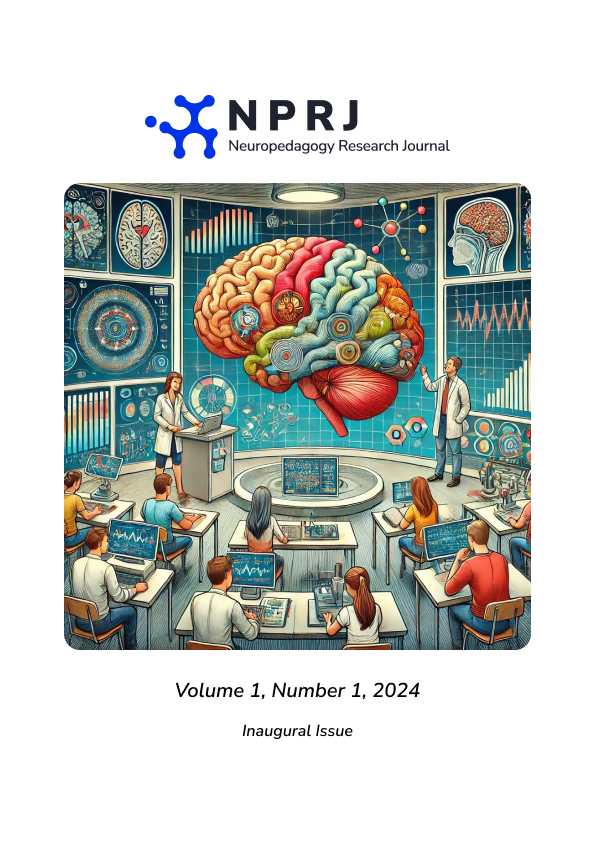DEVELOPING PEDAGOGICAL COMPETENCIES FOR THE DIGITAL AGE: THE ROLE OF GENERATIVE AI
Keywords:
Generative Artificial Intelligence, Teacher Competencies, Educational Personalization, AI Ethics, Teaching InnovationAbstract
The digital age has ushered in a revolution in education through Generative Artificial Intelligence (GAI), profoundly altering our understanding of teaching and learning. This emerging technology offers unprecedented potential for personalizing education, optimizing data analysis, and fostering collaboration. Research by Hmelo-Silver, Chen, and Lin (2023) highlights GAI's exceptional adaptability to individual student needs, enhancing educational effectiveness through tailored instruction and innovative student cooperation. However, the integration of GAI in educational settings necessitates that educators acquire key competencies, including technological proficiency, advanced critical thinking, and a renewed capacity for creativity. Aligning with UNESCO recommendations, ethical and responsible implementation of GAI is crucial, ensuring an optimal balance between innovative advantages and the imperatives of privacy and morality. This entails developing appropriate regulatory frameworks and providing educators with training in ethical and effective GAI application practices. This article examines the paradigm shift that GAI represents for the role of educators, transforming them into architects of deeply meaningful learning experiences and promoters of holistic student growth. It explores how GAI is redefining educational personalization and assesses educators' preparedness for emerging ethical challenges to ensure the ethical and efficient implementation of GAI in learning environments.


